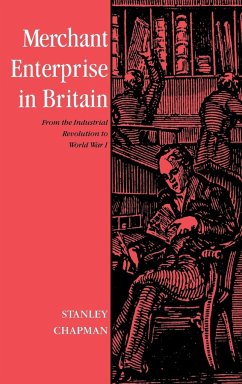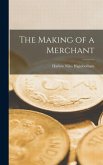Studies of the British Industrial Revolution and of the Victorian period of economic and social development have until very recently concentrated on British industries and industrial regions, while commerce and finance, and particularly that of London, have been substantially neglected. This has distorted our view of the process of change because financial services and much trade continued to be centred on the metropolis, and the south-east region never lost its position at the top of the national league of wealth. This is a pioneer survey of the mercantile sector of the economy from the end of the eighteenth century to World War I. It complements Dr. Chapman's The Rise of Merchant Banking (1984), concentrating on the various ways in which British merchants responded to the unprecedented opportunities of the Industrial Revolution and the growth of the British Empire. The main conclusion is that industrial entrepreneurs contributed only briefly to merchant ventures, and that with limited success. Rather did the established merchant community evolve its own new forms of enterprise to meet the changing opportunities: the 'new frontier' merchant networks of the Atlantic economy, the international houses in continental trade, the agency houses in the Far East, and the home trade houses dominating the domestic market. These resilient organisations enabled the British merchant enterprise to survive longer and in greater strength than in other Western economies.
Hinweis: Dieser Artikel kann nur an eine deutsche Lieferadresse ausgeliefert werden.
Hinweis: Dieser Artikel kann nur an eine deutsche Lieferadresse ausgeliefert werden.








